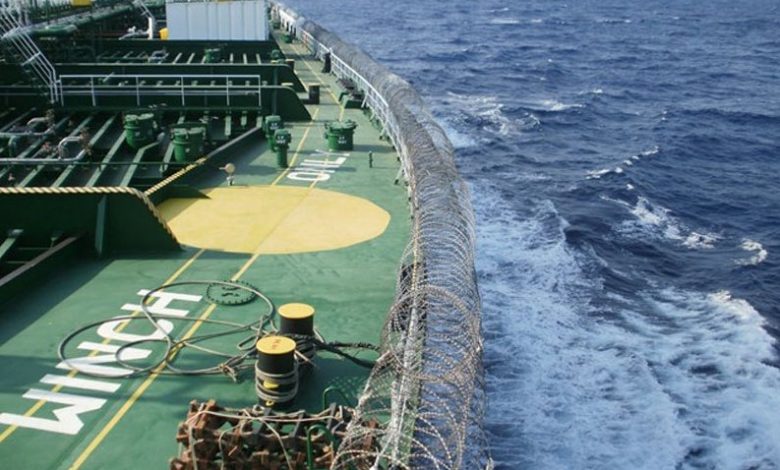CSOs: Expect more, demand less

Maritime risk intelligence is highly elastic, writes Harry Pearce from Ambrey Risk.
For risk managers, success is never final. The singular treatment of known knowns leaves them vulnerable. Equally unrelenting are markets despite some tendency towards cyclicality, so addressing known unknowns will only ever have limited merit.
But while residual exposure lies in what has not been foreseen, ignorance is always a choice. If more CSOs test the party line and cut through the noise, oversupply would not be so deafening and uncertainty would ease. Sound familiar?
So make the complex, simple. Anything to the contrary will result in premature security design activity or worse, decision making that is sclerotic. Start by expecting intelligence to have value in relation to how surprising it is. At present, demand is not necessarily being driven by utility.
Demand is being driven by pessimism and CSOs own inelastic assets often being eroded. Either way, fail to act and the intelligence market will typically repay in kind. Why wouldn’t they? It is for CSOs to apply a more judicious use of their resources, right?
Wrong. Those who demand less can expect more. While the maritime risk intelligence market itself is not elastic, the goods and services available to CSOs are. Not only is the industry buoyed by some pernicious risks, but these routinely mirror a CSO’s responsibilities. Wait on parastatals to simplify matters and you may be rewarded, but only in time and with little recourse if blindsided. Recognise instead the value of private security sector guarantees and take the opportunity to bury those known unknowns. Save for some egos, even subprime private risk management providers should meet the challenge. It is, after all, the assurance CSOs pay for, is it not?
Why not try this. Reject MDAT’s new Voluntary Reporting Area for West Africa. Not just because it is 97.46% larger than the high risk area, which has contracted. Reject it because its utility is not familiar and its function is not clear. Reject it because it is a distraction from the region’s listed areas. These tend to be the best barometer of risk exposure, as insurers seek to recover costs. And even some of these should be refined. Most importantly, listed areas compel the private sector to find solutions and can identify myopia at a mile.
Seeking answers that MDAT have been unwilling to provide will cost you nothing and expose only those sailing too close to the wind. It may even save your Masters’ time and your company money.
Taking risk can be positive too. Sound familiar?
